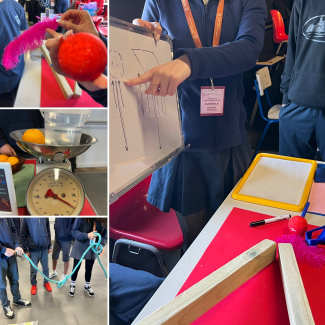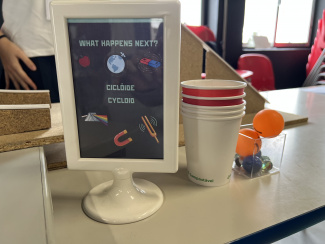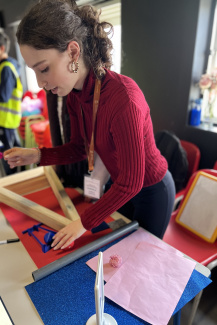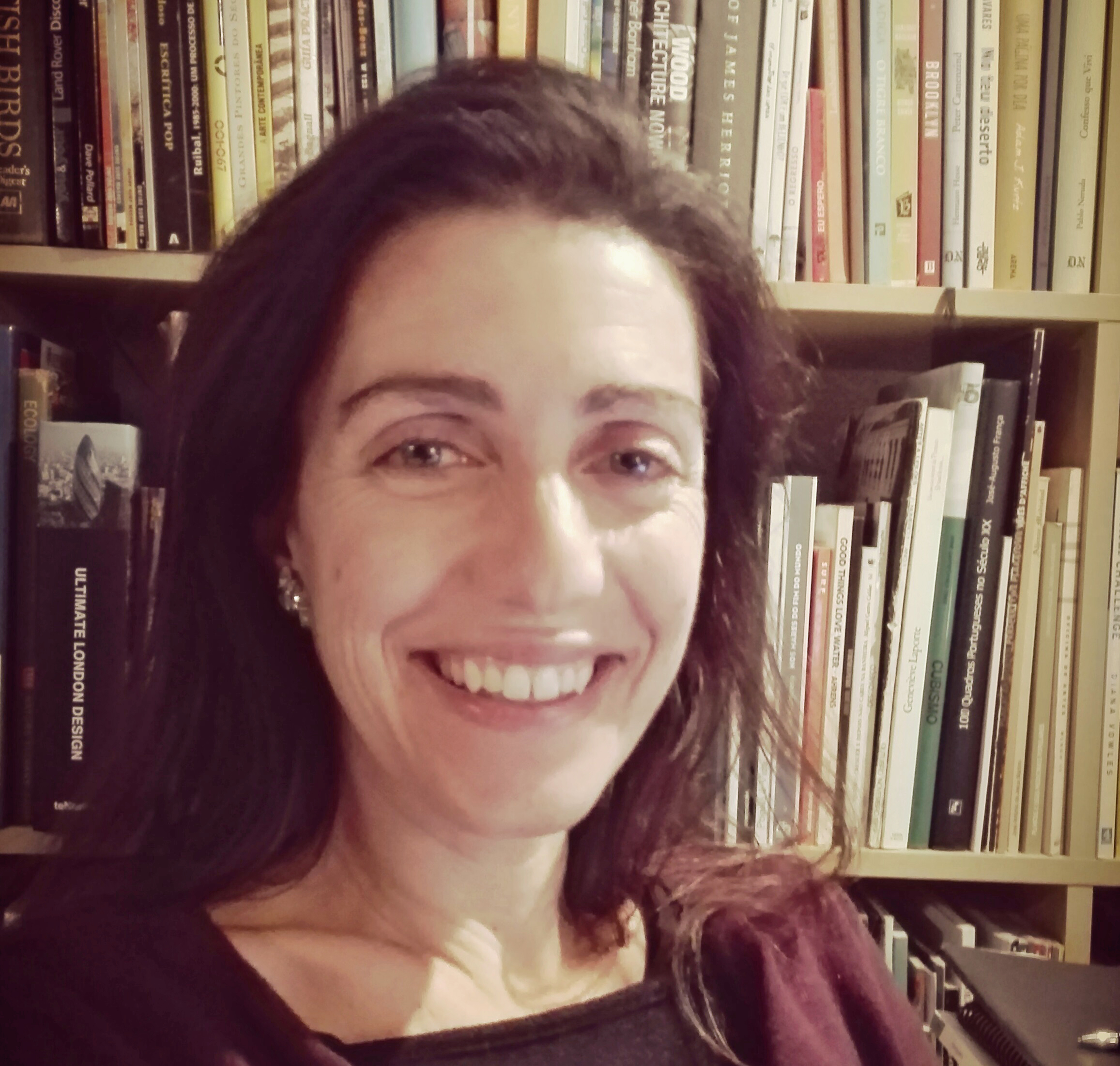From Webinar to Science Fair: How Science on Stage Transformed My Teaching
The first Science on Stage webinar I attended was David Featonby’s "What Happens Next?". This session introduced me to an incredible initiative designed to engage students and encourage them to think critically through a simple but powerful question: What happens next?
After watching the webinar, I was filled with ideas and immediately brought many of David’s questions into my classroom at Nobel Algarve British International School. My students loved them! Their excitement sparked a new idea: why not organize an entire science fair based on this concept? Inspired by Science on Stage and David’s experiments, we created a fair where students not only performed science demonstrations but also challenged their peers to predict outcomes and understand the physics behind them.
Science on Stage has truly helped me improve my teaching practice. I felt a strong sense of responsibility to share these engaging ideas with my colleagues and students, and as a result, we organized a school-wide science fair that welcomed over 500 students.
What makes Science on Stage so special is its "teachers for teachers" approach. The resources are practical, affordable, and easy to implement in any classroom. Only teachers truly understand the challenges and needs of education, and when we share our passion for science, it becomes contagious.
This experience has reinforced my belief in the power of hands-on learning and the importance of international teacher networks. I am grateful to Science on Stage for the inspiration and for helping me bring science to life in my school!





Rute Oliveira is passionate about learning and science, that is why she has been teaching physics and chemistry for over 20 years in the south of Portugal. Over the years she has performed science shows at school where she always tries to introduce the students to the wonder of science. She is a Science on Stage Europe ambassador and one of the authors of "Food, Cooking and STEM" as well as of the upcoming primary teaching material.
Share this page